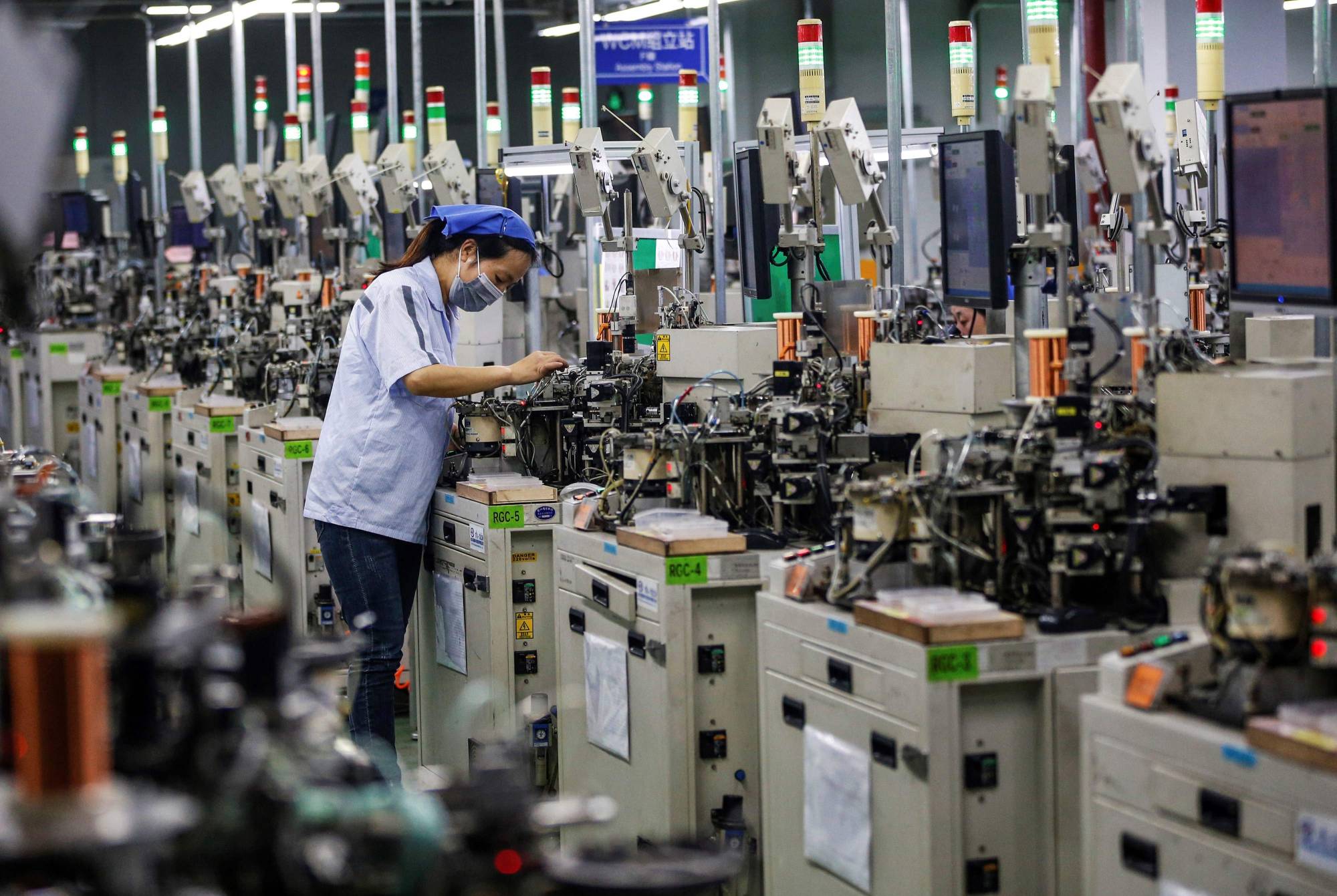API Geoeconomic Briefing is a series provided by the Asia Pacific Initiative, an independent think tank based in Tokyo. The series will look into geopolitical and economic trends in the post-COVID-19 world, with a particular focus on four areas: technology and innovation, global supply chains, international rule-making, and climate change.
During a meeting of the advisory council for the Beijing-based leading independent media group Caixin in March 2019, former U.S. Treasury Secretary Lawrence H. Summers made a remark that left quite an impression on me. Summers said that because the U.S. and China have their pride as great powers, these countries will not embrace opinions of third countries with grace. He went on to express concern that U.S.-China friction could worsen.
His worries became a reality. Since Summers’ remarks, there have been twists and turns in the bilateral trade talks, followed by Washington’s exclusion of Chinese firms such as Huawei Technologies Co., from the domestic market. Amid the coronavirus pandemic, the issue of the responsibility for the crisis has surfaced. The confrontation between the two countries has extended into geopolitical arenas that China considers core interests, including problems related to Hong Kong and Taiwan. It is fair to say that the world has entered a “new Cold War” with the U.S.-China rivalry at its center.



















With your current subscription plan you can comment on stories. However, before writing your first comment, please create a display name in the Profile section of your subscriber account page.